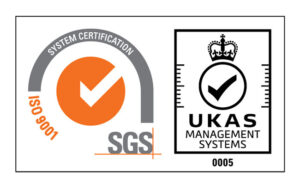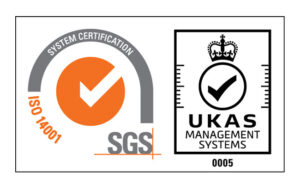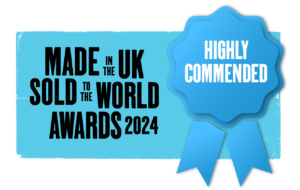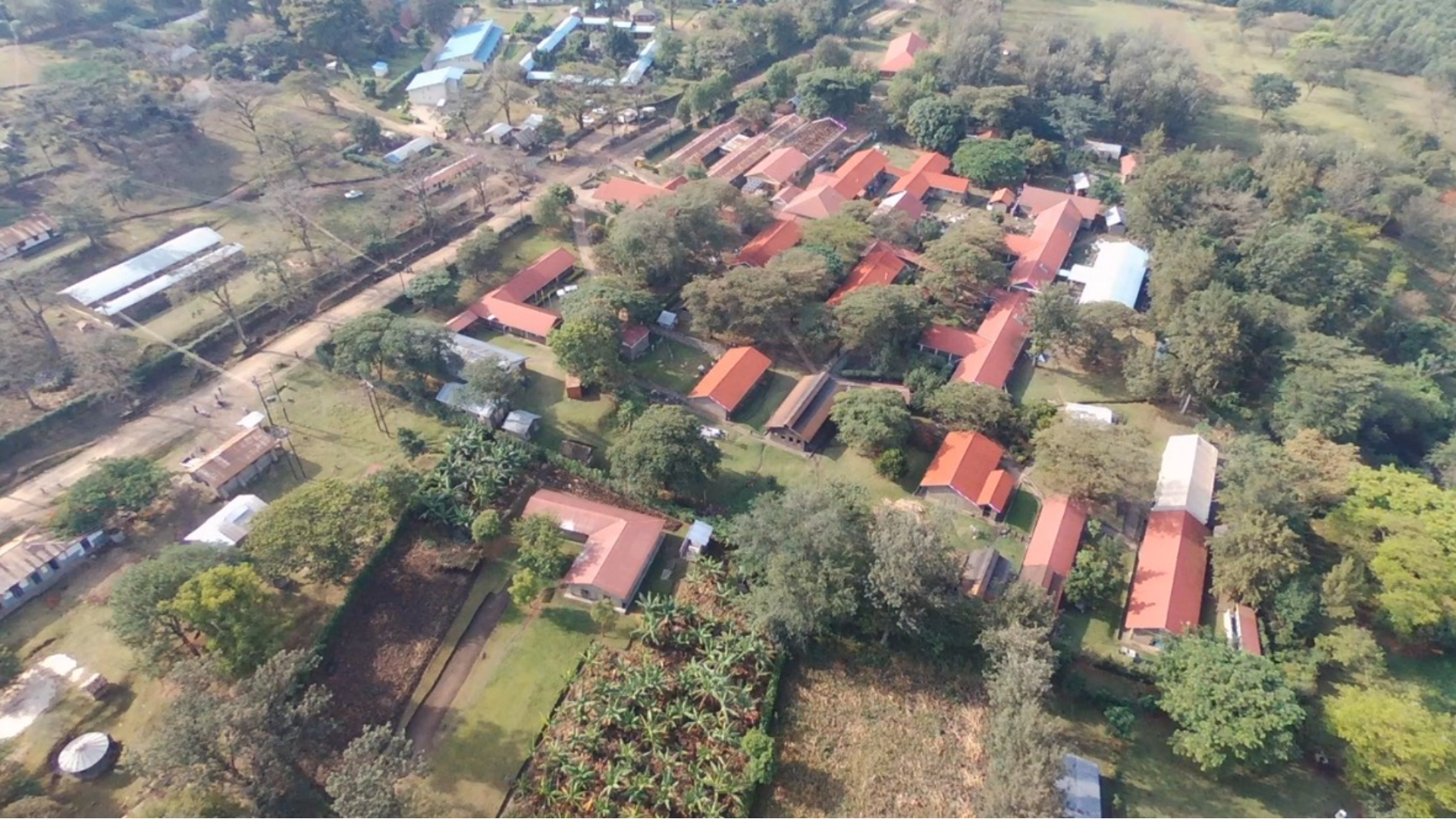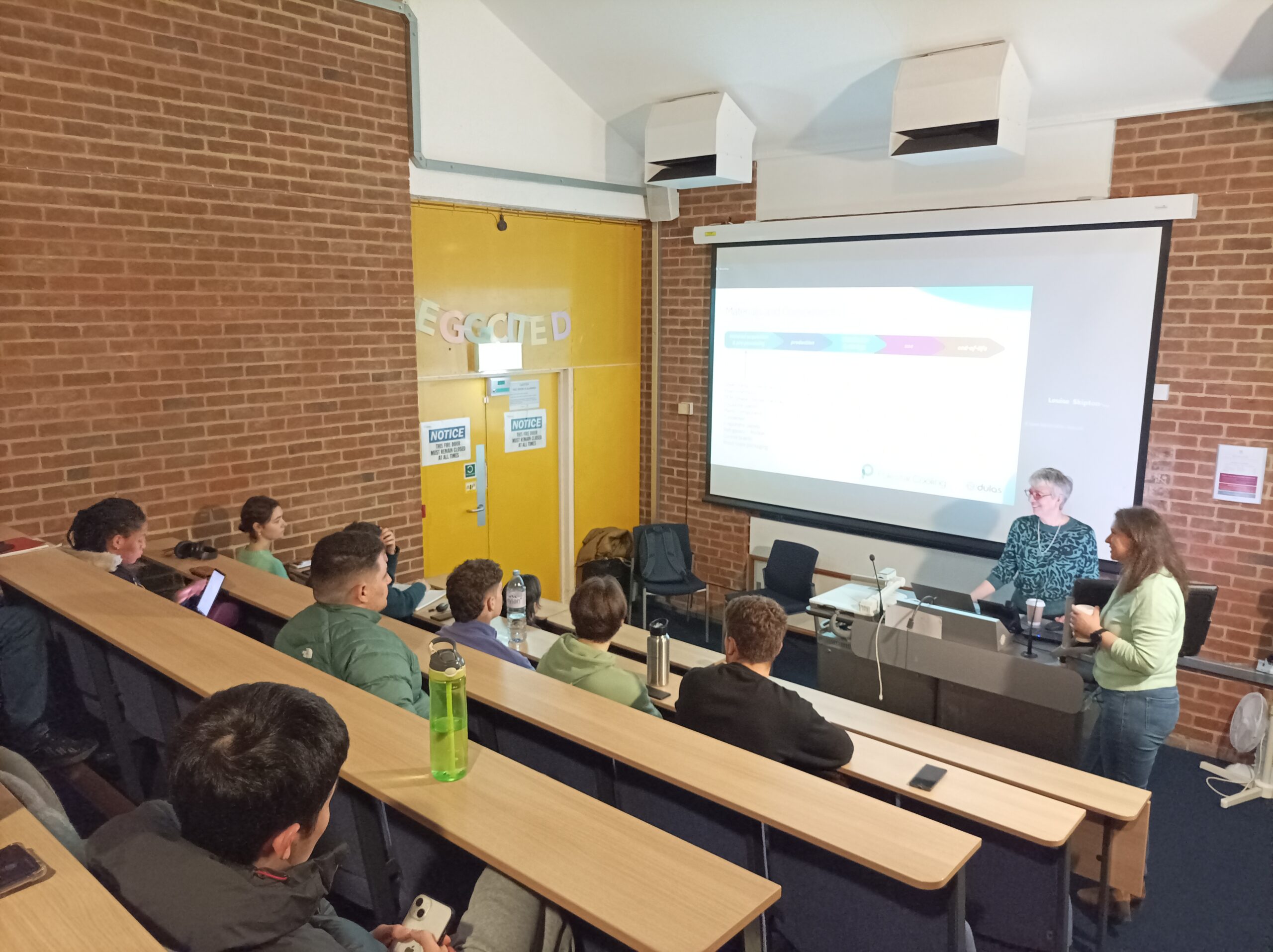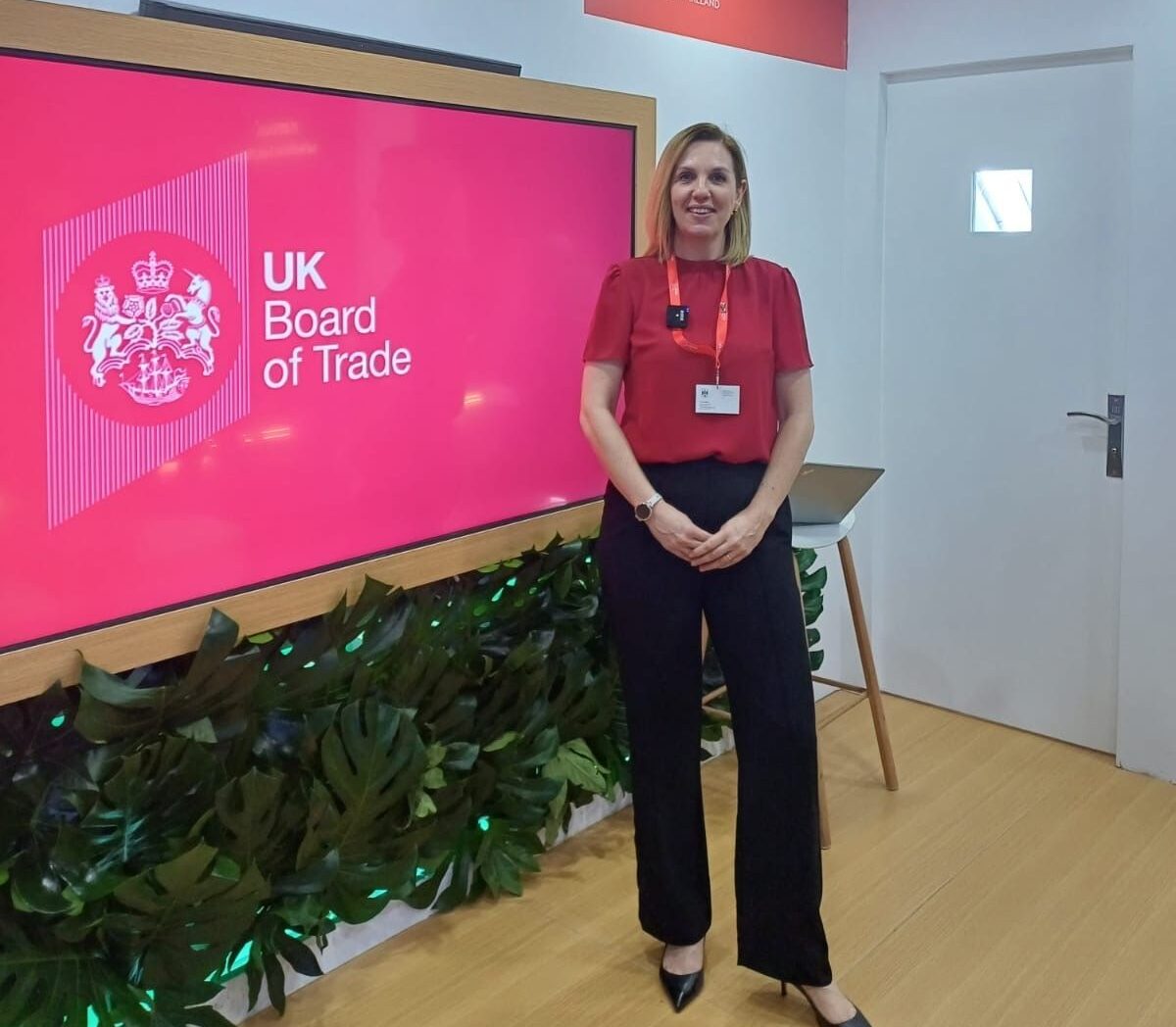Today is World Engineering Day for Sustainable Development, created by the UN to celebrate engineering and the contribution of the world’s engineers. Engineering will be key to ensuring that in the future every person in every country has access to clean water, sanitation, reliable energy, and other basic human needs. We thought we would mark the day by talking in depth to Dulas’s very own Nick Smith about being an engineer for sustainable development.
Perhaps you could start by giving us a breakdown of your engineering career and your role at Dulas today?
I have worked as an electrical engineer across many industries in my career including offshore wind, marine and offshore, oil and gas, naval, pharmaceutical, nuclear, food and beverage etc.
Based at Dulas’s Stirling office, my role is to provide support and guidance on electrical issues across the various departments along with ensuring that the correct standards are followed. Alongside this I provide electrical support for customers as well as being involved in research and development of new products that would enhance Dulas’s offering to the market today.
What are you working on at Dulas at the moment?
I’m working with colleagues on a couple of particularly interesting projects at the moment. The first is a project looking at the feasibility of hydrogen production in Wales using renewable energy sources1. We’re examining the available technologies and assessing the technical and commercial feasibility of hydrogen production at a hydro power plant and a wind farm with a focus on local hydrogen users.
Hydrogen has been produced for years but green hydrogen is produced using renewable energy sources only, it’s expected to be a major component of the renewable energy mix in the future but we need to scale up technologies and bring down costs to allow it to become widely used. Hydrogen is very versatile and can be compressed, stored and transported for later use. Wales has an abundance of natural resources, but you can’t control when the wind blows or the sun shines – hydrogen could be used to store excess energy for use when turbines and solar panels can’t operate. This would also help to stop “curtailment” – switching wind farms and solar parks off when the electricity grid can’t accept any more power.
All of this has to be done at scale and at a competitive price before it can significantly help combat climate change and support local energy security. It’s a really exciting project to be working on but it’s very complex and has to be done properly and safely. Those are the challenges of the job.
The second project is a solar powered Electric Vehicle (EV) charging station which we have built at our head office in Mid-Wales.2 We’re using the installation as a test-bed to develop a reliable and cost-effective charging solution that can be deployed without the expense of a grid upgrade or a change to the premises. In time we hope to offer commercial solutions to the EV charging market and also the remote power market. We have a number of clients in remote or grid challenged locations where this solution could be applicable. The particular challenge of islanding, which is basically the provision of a power supply where electrical grid power is not present, is ensuring that the power supply is stable and non-varying. Achieving this with low-cost solar power could be a game-changer for these clients.
Do you see yourself as an engineer or an engineer in sustainable development? How important is the ‘sustainable’ bit to you?
The sustainable bit is very important to me personally, although that has to be balanced with earning a living. I have always cycled (and recycled), trying to lessen the impact of my lifestyle on the planet. In a lot of ways it is about justice and fairness, trying to help those who find themselves in a less fortunate position. I have moved out of jobs when I have become uncomfortable with the projects I was asked to work on and have actively pursued jobs in companies involved in sustainable development.
How would you sell a career as an engineer to a class full of 15 year olds?
It is a challenging and satisfying job, with the opportunity to make a real difference to people’s lives. It is also interesting and there is always something more to learn. Through my job I have travelled widely and met all sorts of different people. I also enjoy working in a team with people from other disciplines. For example, we are working on a project for a forestry client at the moment which requires specialisms in hydro, civil and electrical engineering – we all work together to achieve the end result and that’s quite satisfying.
Is it a difficult path, being an engineer?
There are responsibilities, especially as you gain more experience. As an electrical engineer, you have to keep in mind that electricity is dangerous and getting something wrong could end up hurting someone. Some of the systems you work on are very complicated but that makes it more satisfying when you get them right.
Do you think the role has changed in recent times?
Computers and the internet have made a huge difference to electrical engineering. I am old enough that when I started there were still hand drawn electrical designs, whereas now computer drawing and modelling packages allow much more accuracy and speed. The internet means a lot more information is available; now the challenge is to understand what to do with all of it.
It’s Dulas’s 40th birthday this year and Dulas was formed by a group of engineers from the Centre of Alternative Technology. Do you think renewable energy is still seen as ‘alternative’?
Renewable energy has come a long way, but there is still some way to go. The cost of energy from both solar and offshore wind has dropped dramatically over the last 10 years and the production and storage of hydrogen could go a long way to minimising the variability of renewables.
Do you think the importance of engineering and having enough future engineers is stressed enough?
Engineers make things happen. Civil engineers design bridges and buildings, software engineers design the apps on your phone, electrical engineers design power systems that produce electricity and deliver it to pretty much everywhere in the UK. People often only notice how important these things are to them when they don’t have them – for instance, when there is a power cut.
Do you think the world of engineering is an exciting place to be at the moment?
Definitely, there are a lot of changes happening now and colossal changes are still required to mitigate the worst effects of climate change. Engineering teaches you the skills to enable these changes.
Do you think the UK in general is making good progress towards net zero goals?
We are making progress, but not nearly fast enough. For example, after a promising start, the increase in sales of electric cars has stalled and there is a lack of charging infrastructure in the right places.
What do you think will be a game changer in terms of new technological breakthroughs in renewable energy?
Hydrogen will change the market for renewable energy, but I don’t think there will be a single technological breakthrough that will make it happen. The leader on a course I did about hydrogen said “There isn’t a silver bullet to solve all the problems with the hydrogen economy, but there is silver buckshot”. So I think there will be a lot of smaller problems solved which come together to make it work overall.
1 Funded by HyBRID (Hydrogen Business Research & Innovation for Decarbonisation), a Small Business Research Initiative (SBRI) funded by Welsh Government Smart Living.
2Supported by a Welsh Government SMARTCymru innovation voucher



